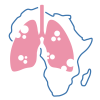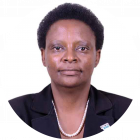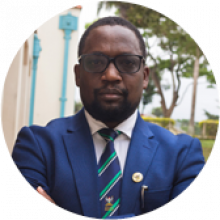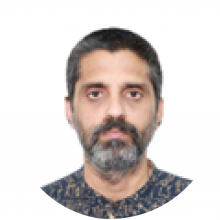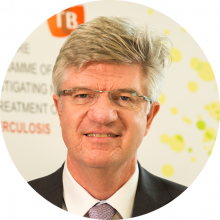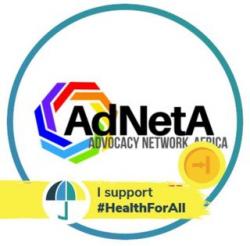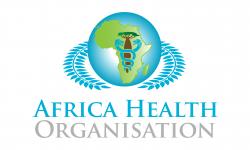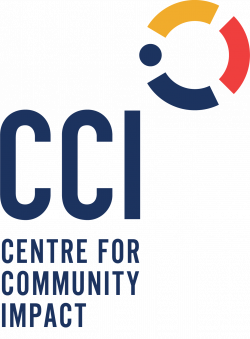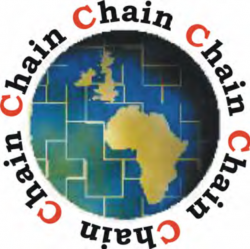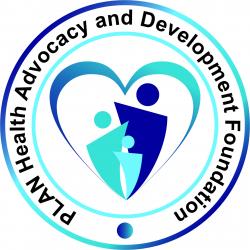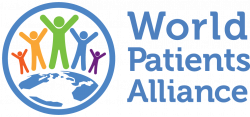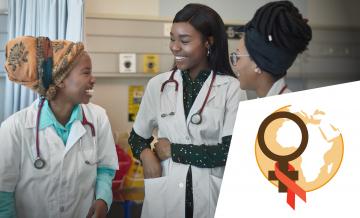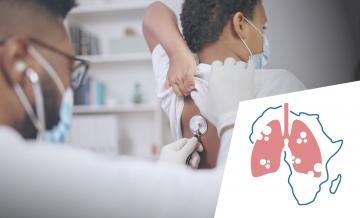The Conference on Innovations in Tuberculosis 2024 took place from 3-4 July as a live meeting in Kampala, Uganda.
Tuberculosis (TB) caused 1.6 million deaths in 2021, being the leading cause of death among infectious diseases, above HIV. Yet, it is a curable and preventable disease. While a quarter of the global population has been infected, only 5-10 % of infected individuals develop symptoms. The highest burden regions are South-East Asia, Africa, and the Western Pacific. This bacterial disease is treated by a long course of antibiotics. Nevertheless, for Multidrug-resistant TB (MDR-TB) treatment options are limited, and MDR-TB remains a public health crisis and a health security threat.
TB is a priority on the global health agenda. Orchestrated actions of national and global leadership, researcher organizations, and civil societies strive to achieve a world free of TB. Towards this goal, equitable access to prevention, testing, treatment, and care remains a challenge. On the other hand, we are witnessing encouraging new tools to curb TB. A recent study demonstrated a remarkable reduction in TB transmission due to nutritional supplements offered to household contacts, providing an evidence-based approach to intervene with structural determinants of TB, such as malnutrition. On the biomedical side, a historical milestone seems to be within close range, with the late-stage clinical evaluation of a vaccine to prevent a pulmonary form of TB in adolescents and adults, developed by the Gates Foundation. In parallel, new treatment guidelines on 6-month all-oral regimens for MDR-TB offer simplified treatment options for those patients.
Yet these exciting developments and innovations are mainly discussed at major international meetings. This, in turn, offers limited space for researchers and healthcare professionals from high-burden countries in Africa, and restricts discussions tailored to regional epidemiological situations, healthcare, and societal contexts. To this end, we propose a platform to disseminate clinically relevant innovations and discuss their translation and implementation in Africa, considering region-specific epidemic patterns, available prevention, testing and treatment options, and healthcare settings.
